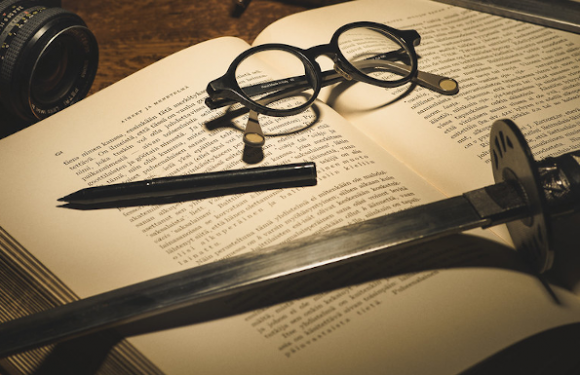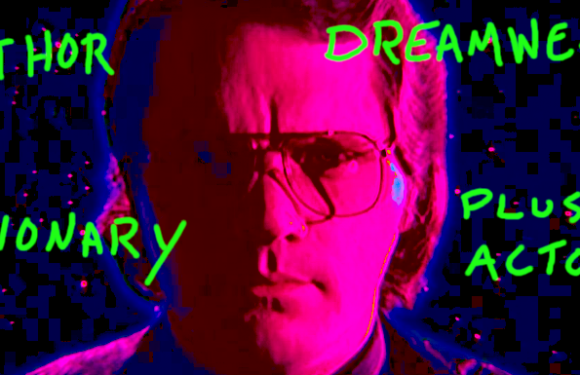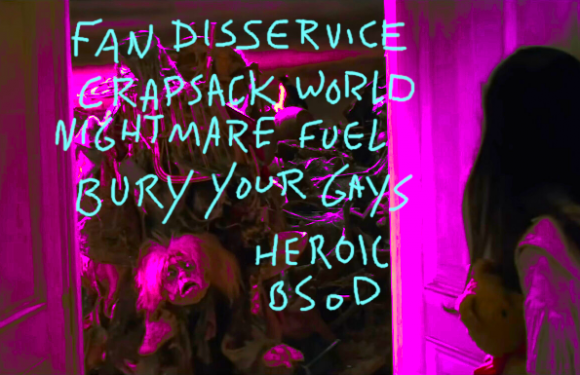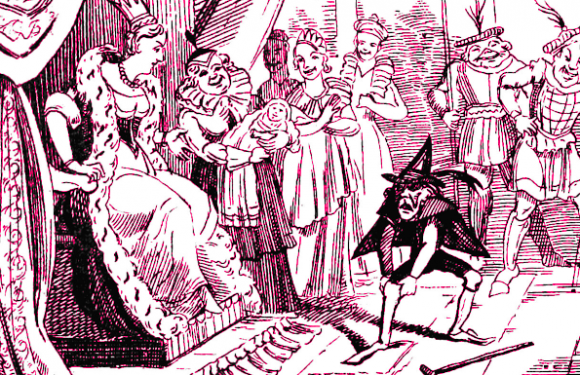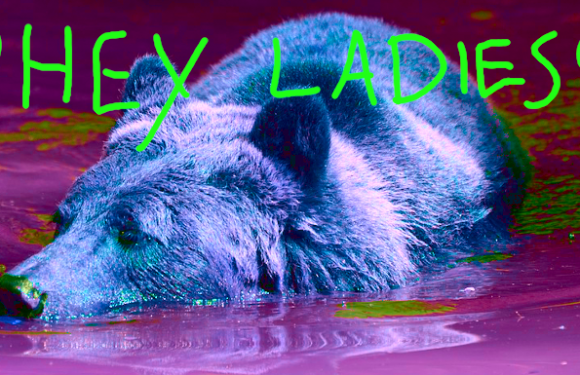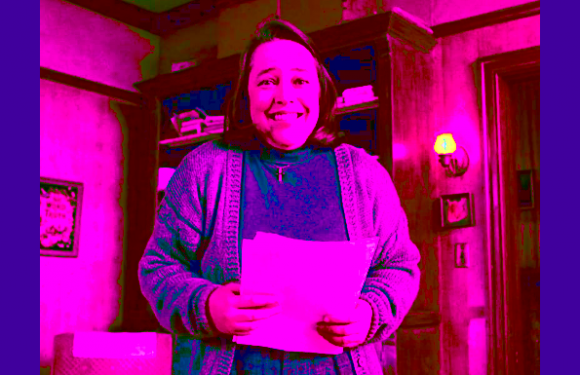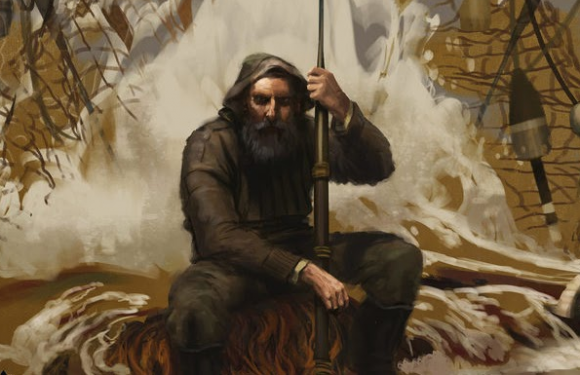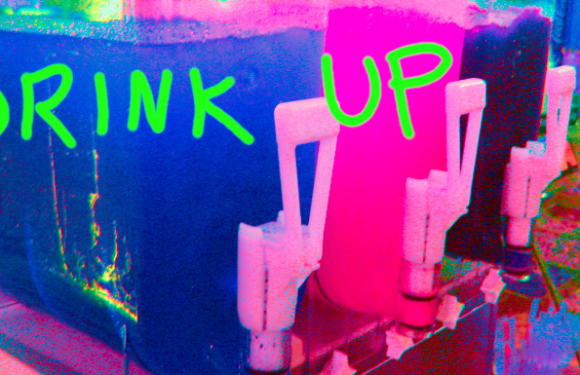
Tales From the Slush Pile
OnWhen you send a short story to a magazine, it probably doesn’t go directly to the editor. Instead, it ends up in what’s called the slush pile–the pool of unsolicited work waiting for review. Who reviews it? Weirdos like us.
